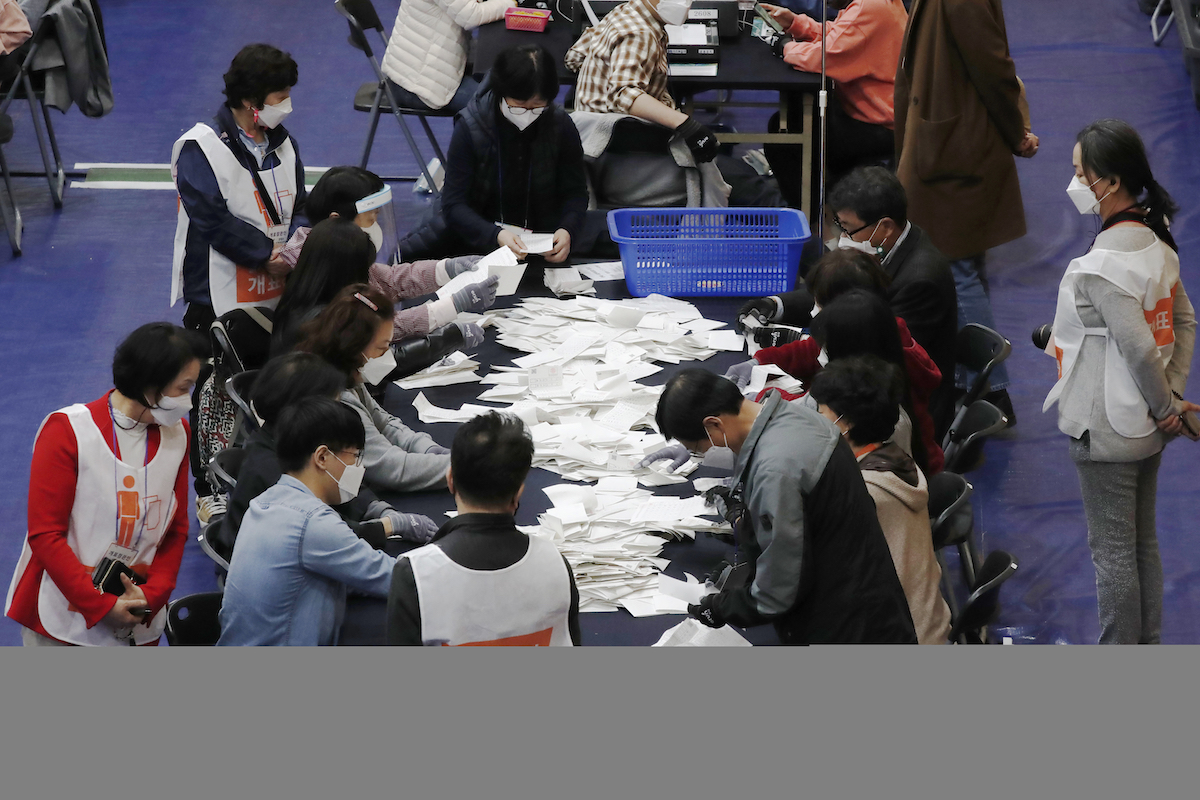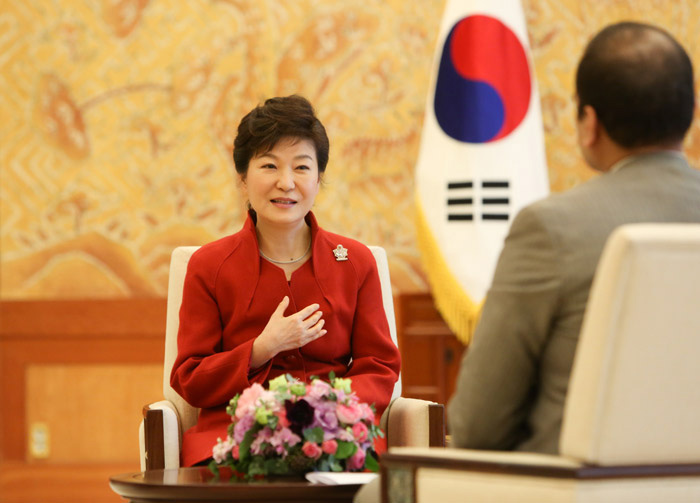Following party losses in major mayoral elections, South Korean President Moon Jae-in replaced the prime minister and six cabinet members on April 16, according to Reuters.
On April 7, mayoral elections were held in the South Korean capital of Seoul and the country’s second largest city of Busan.
“If Moon’s party loses, it would be a crushing defeat that would bring a political brain death for him and eliminate any momentum to push ahead with his policy agenda,” said Kim Hyung-joon, a political scientist at Myongji University in Seoul, prior to the election.
“It doesn’t necessarily mean the opposition candidate will be the next president, but a new political force could emerge even within the ruling camp to keep Moon’s group in check and try to differentiate from it.”
In Seoul, Park Young-sun of the ruling Democratic Party won just 39.2% of the votes while Oh Se-hoon of the opposing People Power Party won 57.5% of the votes, according to AP News. In Busan’s mayoral election, Park Heong-joon of the People Power Party beat Kim Young-choon of the Democratic Party by approximately 28 points.
“I will prove that we’re competent, different and good at work,” Oh said during a party video conference, after taking office and returning to a position he held from 2006–11.
The election comes as Moon and his liberal Democratic Party’s approval rating drops to an all time low. In a Realmeter poll published at the end of March, Moon’s approval rating fell to 34%, the lowest it has ever been, and the Democratic Party’s approval rating dropped to just 28%, the lowest under Moon’s administration.
In the same poll, the conservative People Power Party held an approval rating of 35%.
The fall in approval ratings comes after the exponential increase in housing prices, corruption scandals, and sexual assault allegations by people in government.
According to Reuters, the median housing price in Seoul has increased by more than 50% since 2017.
“People’s anger is turning toward more fundamental problems, including massive unearned incomes, widening inequality, fading dreams of having their own home and a new class society based on property ownerships,” Moon said.
Both mayoral seats became vacant in relation to sexual assault allegations that led to the alleged suicide of then Seoul Mayor Park Won-soon and the resignation of then Busan mayor Oh Keo-don.
The mayoral elections were seen as a test for what could happen in the presidential election set to happen less than a year away on March 9, 2022.
The reshuffle in government with the new prime minister and several cabinet members is seen as a push to rekindle support for Moon’s Democratic Party, but some wonder if it will be enough.
“It’s not getting easier for Moon to fulfill his desirable legacy in the last year of his term,” said Thomas Yoshimura, the South Korea representative of a German international civic political organization.
Moon is not up for reelection next spring, as South Korean law only permits presidents to hold office for one five-year term.
“The ruling party’s defeat could make him a dead-duck president, stripping him of any remaining policy momentum, much of which he had already lost,” Kim said.
risa






